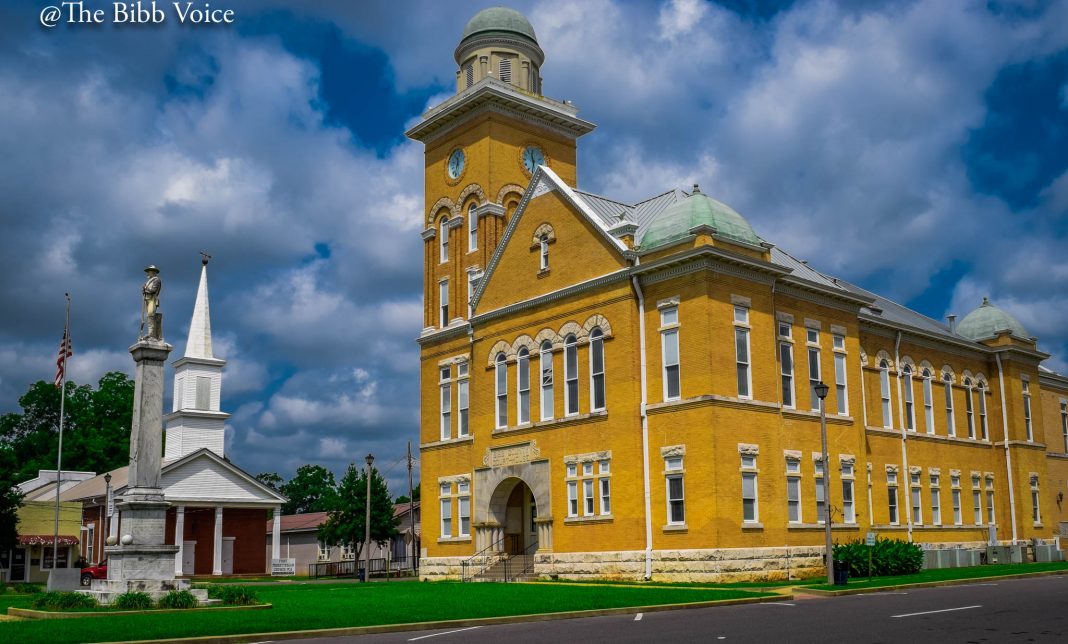Yesterday the Alabama Legislature approved by a margin of 73-1 Governor Ivey’s plan concerning how to allocate the $1.8 Billion of federal relief funding sent to the State government via the CARES act, to offset costs associated with the coronavirus pandemic.
The plan categorizes the funds into groups that would be further broken down by managers at category levels, instead of ironing out details of each individual project or allocation. Despite arguing amongst some lawmakers, compromises were reached. The Governor had asked for recommendations and ideas on the best ways to allocate the funds. Some came with more resistance and objections than others, such as Senator Del Marsh’s initial proposal to use $200,000,000 to build a new State House. Upon criticism by Governor Ivey, Marsh dropped the idea from the proposal list.
With approximately 450,000 people out of work across the state, the federal funding is welcomed and expected to help not only keep the economy going, but local governments as well.
The Bibb Voice asked Bibb County Administrator for his thoughts on the plan, and if he believed it would have a direct and positive impact on Bibb County. This was his reply:
“It will absolutely have a positive impact on the county’s budget. The $250,000,000 allocated to local governments will allow us to apply for reimbursement for expenses we’ve incurred due to COVID-19. Examples could include the increased payroll costs we’ve had, including overtime we’ve paid while complying with public health measures; costs related to sanitation, cleaning and other protective measures in our buildings; face masks, hand sanitizer, and other PPE; and increased measures in our jail to maintain safety for our jail employees and inmates. We began keeping spreadsheets to chart our expenses at the beginning of the pandemic and I feel confident that we’ll be able to readily identify these and future related costs and be prepared to apply once a reimbursement process has been established at the state level. We also continue to be optimistic that the proposed Federal Heroes Act will provide additional relief to local counties to cover unbudgeted expenses and reimburse lost revenues as well.
“As of this last payroll, we’ve spent a little over $15,000 on unbudgeted payroll expenses related to COVID-19. And that’s just payroll. That may not sound like a lot, but to a small county with resources as limited as ours are, it’s quite a hit. So we are very appreciative of those funds being able to be reimbursed to us.”
– Derek Reeves, Bibb County Administrator
The basic breakdown of the categorized allocation is as such:
• Up to $300 million to reimburse state agencies for expenses directly related to the pandemic.
• Up to $250 million to reimburse local governments for expenses directly related to the pandemic.
• Up to $250 million to support delivery of health care and related services to citizens because of the pandemic.
• Up to $300 million to support citizens, businesses, and nonprofit and faith-based organizations directly impacted by the pandemic.
• Up to $53 million for reimbursement of equipment and infrastructure necessary for remote work and public access to functions of state government directly impacted by the pandemic, including the Legislature.
• Up to $300 million for expenses related to technology and infrastructure for remote instruction and distance learning.
• Up to $200 million for reimbursement of costs necessary to address the pandemic by the Department of Corrections.
• Up to $10 million for reimbursement of costs necessary to ensure access to courts during the pandemic.
• $5 million to reimburse the General Fund for supplemental appropriations to the Alabama Department of Public health during the pandemic.
• Up to $118 million for any other lawful purpose approved by the federal government.

















